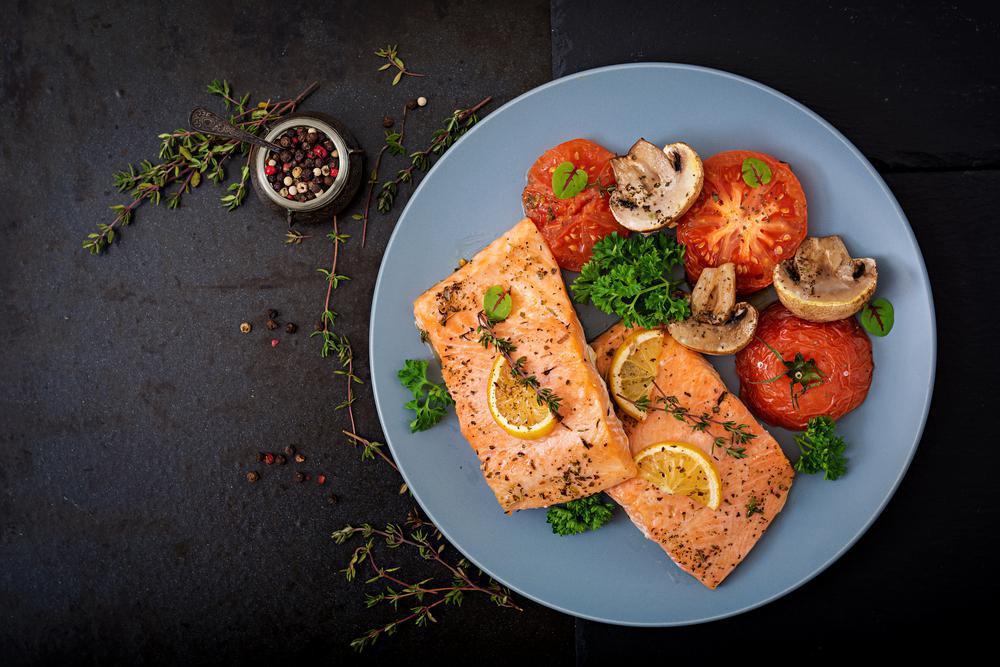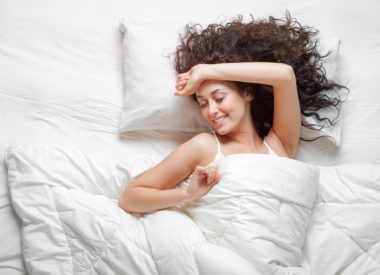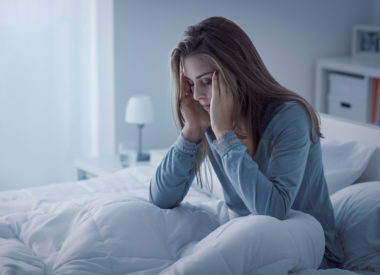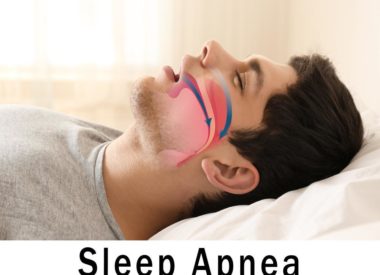Food and Sleep: What and when we eat matters to the body clock
Since eating and sleeping are two seemingly separate processes, it might seem like a leap to assume that one can influence the other.
However, the human body is an interconnected system. What we eat can influence our sleep, in ways both positive and negative.
The digestive system during sleep
It might surprise you to learn that the sleeping process and the digestive process both share a common regulator: the circadian system.
What should happen as you sleep
It’s understood that our sleep-wake system takes its cues to start inducing sleep following (among other things) the last meal of the evening. The liver and pancreas parallel this change in activity, as they have their own secondary circadian rhythms which sync to the main “body clock.”
When we eat dinner, then go to bed later, we can usually expect to sleep through the night without needed to void our bowels. This is no accident:after dinner, the digestive system kicks into post prandial mode, allowing metabolism to slow so we can “rest and digest.”
It’s when we eat too much, too late that we can experience a misalignment between these ordinarily synchronized processes. And that’s when problems arise.
What food choices and eating habits disrupt sleep?
Recent studies show that late consumption of higher calorie meals can lead to obesity, heart problems, diabetic concerns, even cognitive dysfunction.
Research published in the January 2016 edition of theJournal of Clinical Sleep Medicine suggests that evening meals, composed of low-fiber foods high in saturated fat and sugar, are associated with disrupted sleep that is shallow and less restorative. This kind of sleep is referred to as sleep fragment at ion or broken sleep, and it can lead to sleep deprivation.
The finding that diet can influence sleep has tremendous health implications, given the increasing recognition of the role of sleep in the development of chronic disorders such as hypertension, diabetes, and cardiovascular disease, said the study’s principal investigator, Marie-Pierre St-Onge, Ph.D., of Columbia University Medical Center.
A Psychology Today report from July 2015 also revealed that men who ate high-fat meal sat night experienced more issues with sleep fragmentation, and they spent less time in REM sleep. Women in the same study were found to have the same problems as men, but they also took longer to fall asleep and to reach REM sleep. They were also more likely to wake up during the night.
Finally, a recent UCLA study points to timing as a major issue for cognitive function. In that research, it was found that digesting food at a time when we should be sleeping may interfere with the function of the hippocampus, apart of the brain responsible for memory function.
Foods to avoid before bed
If, for some reason, you must eat a late meal, you may wonder what not to eat before bedtime:
-
Chocolate. Its caffeine content, and the present of another substance, theophylline, will make it hard to fall asleep.
-
Soda. The carbonation might aggravate your stomach; the sugar might tip insulin levels off balance.
-
Coffee or caffeinated tea.For the obvious reason caffeine but also because of the acid.
-
Deep-fried foods; rich, fatty meats; or dairy products.These take a long time to digest, which could lead to major overnight discomfort
-
Sugary foods. Your pancreas will have to work double-duty and that can mean interference with sleep.
Foods to help you sleep
So, is it always bad to eat before bed?
A small snack eaten late may not be a problem if you keep it small and low in fat and sugar. Your digestive system, with relation to your circadian rhythms, does expect you to eat something.
If you go to bed hungry, that might also, predictably, cause broken sleep or insomnia due to hunger.
Choosing sleep-inducing foods to eat before bed is your best bet. Some popular options include:
-
Warm milk with honey
-
Certain fruits, like banana, sour cherries, or watermelon
-
Carbohydrates like oatmeal, rice, or cold cereal
-
Legumes like chickpeas (in hummus) or lentils
-
Toasted nuts, such as walnuts or almonds
-
Herbal tea with honey
These options may or may not work for you, so it’s up to you to practice common sense. If you have food sensitivities (such as to nuts or dairy), then these are obviously not going to be good choices.
Sleep problems caused by food or eating habits
There are a number of physical problems that can result from making poor food choices or practicing eating habits that aren’t friendly to sleep. In all cases, you can suffer not only from the discomfort that these problems cause, but from sleep fragmentation and insomnia, as well.
Gastroesophageal reflux disease (GERD)
More commonly known as acid reflux or heartburn, this is what happens when you recline too soon after eating a large meal. Stomach pain and indigestion are other symptoms of GERD than can keep you up at night.
In addition, the eruption of one’s stomach contents into the upper airway is painful and unpleasant and may require you that you sleep upright until it passes. If the situation is severe enough, GERD can lead to problems with insomnia or broken sleep. GERD sufferers must constantly adjust their sleeping position at night, and they may need to get out of bed to take antacids or find other relief.
Nightmares
For some people, eating rich, spicy foods or eating late into the evening can lead to nightmares. These are caused by elevations in metabolic rate and brain activity due to the digestive system’s unexpected need to “work late.”
Other causes of sleep fragmentation
Some favorite foods or nighttime habits can do more damage than good:
-
That evening nightcap that you believe helps you to fall asleep will eventually cost you in sleep a few hours later. When your body metabolizes the alcohol, it will experience a small withdrawal effect that interrupts your sleep. Alcohol at bedtime also robs you of REM sleep and can lead to nocturnal awakenings to use the bathroom.
-
Sweet dreams don’t come from eating lots of sugary foods at bedtime, especially for people with diabetic concerns. The quick rise in blood sugar may make you sleepy, but its precipitous crash later can wake you up. For people managing insulin, a late-night rise and fall in blood sugar can and will interfere with a good night’s sleep.
-
You may discover you have food allergies or sensitivities that make it difficult to sleep. People with celiac disease or irritable bowel syndrome (IBS), for instance, have stomach pain that may keep them up all night, leading to insomnia. Others may have problems with constipation, diarrhea, or nasal congestion that are the result of untreated food allergies.
If you struggle with heartburn, find yourself eating late-night snacks, or suffer from unusual nightmares or other symptoms that interfere with your sleep, you might discover an unexpected cause: your eating habits.
At Sound Sleep Health, we workin concert with Sound Medical Weight Loss to find solutions to dietary concerns that are nutritionally sound and beneficial to good sleep. Call us today at(425) 296-6278 if you’d like to learn more.
Sources:
American Academy of Sleep Medicine
eLife Sciences
Mayo Clinic
MedlinePlus
Nutrients
Psychology Today



